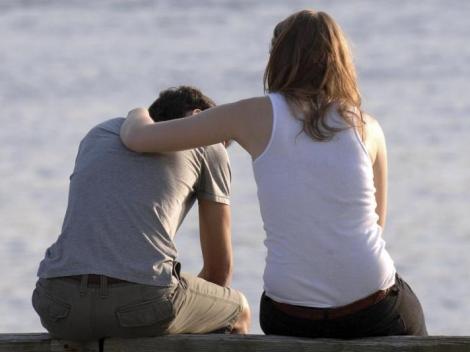
Specialized Centers
Extracorporeal Lithotripsy
When the natural balance of the liquid and solid components of urine is disturbed, a blockage (stone) may form. This can be due to a number of factors, including diet, anatomical changes to the kidney or its ducts, infection, stress and certain genetic conditions.
The most common symptom of bladder or kidney stones is an acute episode of pain called renal colic. Sometimes, the presence of blood
and/or infection in the urine can also warn us of a kidney stone.
Using a technique called extracorporeal lithotripsy, these stones can be crushed and removed from any part of the urinary system (kidney, urethra, bladder, etc.). The technique uses shock waves and involves no surgery and no incisions. However, when the stones are large, endoscopic or open surgery may be necessary.
Benefits of the treatment
This is an outpatient procedure and there is no need to stay in hospital. Once the patient has been seen in the clinic he is accompanied to the outpatient unit for the procedure and, a few hours later, he is able to go home.
Medical-technical description
Extracorporeal lithotripsy uses a DORNIER machine, which is unquestionably the most efficient equipment for crushing stones using shock waves. Patients do not require general anaesthesia, just some mild sedation, and once the treatment is over they pass the fragments of kidney stone through the urethra, which is virtually painless.
About the operation
After being given some mild sedation, you will receive shock wave treatment to crush the stones in the urinary system. This is a non-surgical procedure that involves no incisions. After the session with the extracorporeal lithotripsy machine, the patient stays in the outpatient unit until the fragments of kidney stones have been passed in urine.
Before the treatment
- A full study of your medical history to determine the details of the surgery.
- Our anaesthetist will have a meeting before your appointment to explain the sedation methods usually used for this type of treatment.
- You must not eat or drink for five to six hours before your treatment.
- Do not wear underwear or removable dentures. You must remove all metal objects (such as rings, bracelets, earrings, body piercings, etc.)
Post-operative care
- You will stay in the out-patient unit until you have completely recovered and are ready to go home.
- You will be given painkillers if you feel any discomfort.
- You will not be released until you have urinated and passed the fragments of the kidney stone.
- The first few times you urinate you may notice a mild stinging sensation and your urine can have a pinkish colour. These symptoms will gradually disappear.
- When you are released you will be given a medical report with the date of your follow up visit with your doctor and a prescription of the treatment you should follow.
- If any additional treatment is needed to help you to pass the fragments of kidney stone, no additional charges will be levied.



